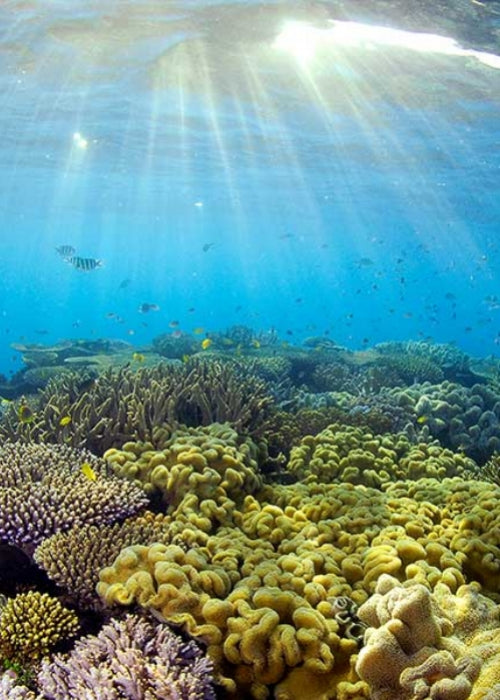Discover the Benefits of Mineral Sunscreens: A Guide to Safe and Effective Sun Protection in Hawaii

Aloha and welcome to the beautiful islands of Hawaii, a tropical paradise where the sun shines bright, and the beaches are inviting. While enjoying the breathtaking scenery and endless outdoor activities, it's essential to protect your skin from the sun's harmful rays. In recent years, mineral sunscreens have emerged as a safer and more eco-friendly alternative to conventional chemical sunscreens. In this blog post, we'll explore the benefits of mineral sunscreens and why they're the perfect choice for sun protection in Hawaii.
1. Safer for your skin
Mineral sunscreens, also known as physical sunscreens, use active ingredients such as zinc oxide and titanium dioxide to create a protective barrier on your skin. These ingredients are naturally derived and offer broad-spectrum protection, shielding your skin from both UVA and UVB rays. In contrast, chemical sunscreens use synthetic compounds that can cause skin irritation, allergies, and even hormone disruption. Mineral sunscreens are an ideal choice for those with sensitive skin (like children) or skin conditions like eczema and rosacea.

2. Immediate sun protection
Unlike chemical sunscreens that require 15-30 minutes to be absorbed by your skin before becoming effective, mineral sunscreens work as soon as you apply them. This is because the active ingredients in mineral sunscreens sit on top of your skin, physically reflecting the sun's rays. So, when you're eager to dive into the clear blue waters of Hawaii, mineral sunscreen ensures you're protected right away.
3. Environmentally friendly
Hawaii is home to some of the world's most delicate marine ecosystems, including vibrant coral reefs teeming with life. Unfortunately, chemical sunscreens containing ingredients such as oxybenzone and octinoxate have been linked to coral bleaching and other damage to marine life. In 2021, Hawaii became the first US state to ban the sale of sunscreens containing these harmful chemicals. Mineral sunscreens, on the other hand, are reef-safe and do not pose a threat to the marine environment.

4. Water-resistant and longer-lasting
Mineral sunscreens are known for their water-resistant properties, making them ideal for beach-goers, swimmers, and those engaging in water sports. They are less likely to wash off or sweat away compared to chemical sunscreens, providing longer-lasting protection. However, it's still crucial to reapply your sunscreen every two hours and after swimming or towel-drying to ensure consistent protection.
5. Suitable for all skin types and ages
Mineral sunscreens are gentle enough for all skin types, including sensitive skin and acne-prone skin. They are also safe for use on babies and children, as the ingredients do not penetrate the skin or cause irritation. This makes mineral sunscreens an excellent choice for the whole family during your Hawaiian vacation.

When it comes to sun protection in Hawaii, mineral sunscreens offer numerous benefits, including safer ingredients, immediate effectiveness, environmental friendliness, water resistance, and suitability for all skin types and ages. By choosing a mineral sunscreen for your Hawaiian getaway, you're not only protecting your skin but also contributing to the preservation of the islands' unique and fragile ecosystems. So, lather up with mineral sunscreen, and enjoy the sun-soaked paradise that is Hawaii, knowing you're making a responsible and informed choice for both your skin and the environment.




Dejar un comentario